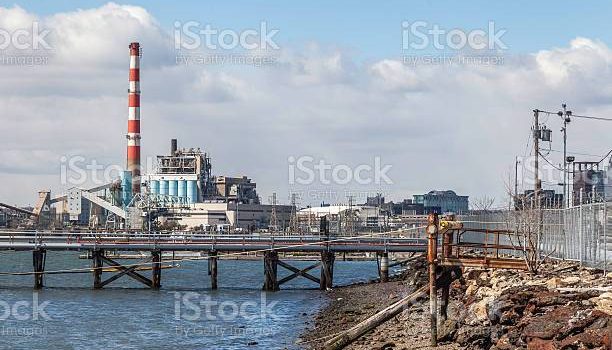
Are you looking to take your workouts to the next level? Want to learn what a professional personal trainer does to get the most out of their own workouts? You’ve come to the right place. In this blog post, we’ll be taking a look at how a professional personal trainer plans out his workouts for maximum results. We’ll be covering topics such as how to set fitness goals, how to create effective workout plans, and more. Whether you’re just starting out or already an experienced athlete, you can use these tips and tricks for better results in your own fitness journey.
Why You Should Have a Training Plan
When it comes to working out, having a plan is key to seeing results. That’s why professional personal trainer Jake Boly always has a training plan in place before he starts his workout routine.
“A lot of people go into the gym and they just start randomly lifting weights or doing cardio without any real structure or goal in mind,” says Jake. “But if you take the time to sit down and map out a training plan, you’ll be much more likely to see the results you’re looking for.”
Jake says that a good training plan should have three main elements:
- A focus on specific goals.
“Before you start putting together your workout, it’s important to know what you want to achieve,” Jake explains. “Are you trying to build muscle? Lose fat? Improve your cardiovascular health? Once you know your primary goal, you can design a workout routine that’s focused on helping you reach it.”
- A mix of different exercises.
“No two workouts should be exactly the same,” Jake says. “Not only does this help keep things interesting, but it also helps ensure that you’re hitting all of the different muscle groups in your body.”
- Proper recovery days.
“You need to give your body time to recover between workouts,” Jake explains. “If you try to push yourself too hard, you’ll end up getting burned out and not seeing the results you want.”
What Are the Best Workout Plans?
There are a few things to consider when planning your workout routine. First, you need to make sure that you’re doing exercises that are appropriate for your fitness level. If you’re just starting out, you’ll want to focus on basic exercises that work all of the major muscle groups. As you become more fit, you can add in more challenging exercises and workouts.
Second, you need to consider what your goals are. Are you trying to lose weight? Build muscle? Improve your cardiovascular health? Once you know what your goals are, you can tailor your workout routine to help you achieve them.
Third, you need to be consistent with your workouts. The best results will come from working out on a regular basis. Try to set aside time each day or week for exercise, and stick to it as much as possible.
Finally, listen to your body. If something hurts or doesn’t feel right, stop doing it. And if you ever feel like you’re pushing yourself too hard, take a break or cut back on the intensity of your workouts.
How to Find the Right Workout Plan for You
There are a lot of different workout plans out there, so how do you find the right one for you? Here are some tips:
- First, consider your goals. What are you trying to achieve with your workouts? Do you want to lose weight, build muscle, or improve your cardiovascular health? Once you know your goals, you can start looking for a workout plan that will help you achieve them.
- Second, think about your schedule and how much time you have to dedicate to working out. If you only have a few hours a week to devote to exercise, you’ll need to find a workout plan that is efficient and effective. On the other hand, if you have more time to devote to working out, you can afford to be a bit more flexible with your approach.
- Third, take into account any physical limitations or injuries that you may have. If you have an injury or condition that limits your range of motion, it’s important to find a workout plan that accommodates those limitations.
- Fourth, consider your budget. There are many free or low-cost workout plans available online and in fitness magazines. However, if you’re looking for something more comprehensive or personalized, you may need to invest in a professional trainer or program.
Once you’ve considered all of these factors, it’s time to start looking for the right workout plan for YOU!
Conclusion
As you can see, if you want to get the most out of your workouts and achieve maximum results, it’s important for a professional personal trainer to plan his workouts carefully. Whether it’s taking into account specific goals or looking at an individual’s physical condition and limitations, having a plan in place is essential for success both on and off the gym floor. When done right, an effective workout plan created by a qualified personal trainer will help you reach your fitness objectives faster than ever before!

















